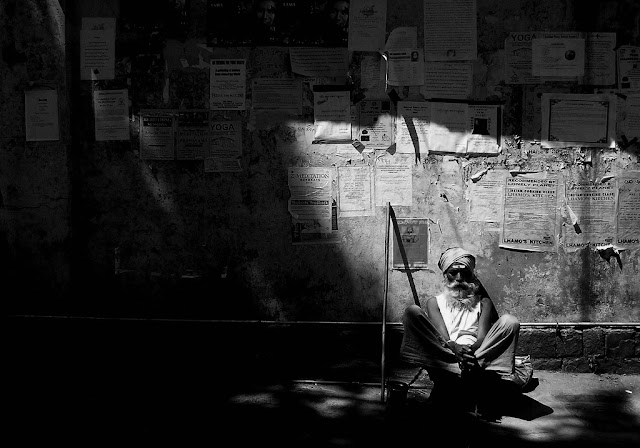Marginalisation of the majority world
A complex interplay of discrimination, global poverty, inequality and deepening socio-economic divisions, together make for key elements of global insecurity. While overall global wealth has increased, the benefits of this economic growth have not been equally shared. The rich-poor divide is actually growing, with a very heavy concentration of growth in relatively few parts of the world, and poverty getting much worse in many other regions. The ‘majority world’ of Asia, Africa and Latin America feel the strongest effects of marginalisation as a result of global elites, concentrated in North America and Europe, striving to maintain political, cultural, economic and military global dominance.
 'The sheer scale and chaotic construction of the favelas, which became home to hundreds of thousands of migrants, made them the ideal milieu for drug gangs to hide from the police and set up initially paternalistic, de-facto governments, albeit without any concrete political aims.'
'The sheer scale and chaotic construction of the favelas, which became home to hundreds of thousands of migrants, made them the ideal milieu for drug gangs to hide from the police and set up initially paternalistic, de-facto governments, albeit without any concrete political aims.' Humanity appears caught in a trap with no way out. ‘Business as usual’ is no longer an option. However, halting and reversing our consumption of more and more ‘stuff’ appears likely to trigger a massive depression with serious unemployment and poverty. This is certainly true if all we do is ‘apply the brakes’ without fundamentally redesigning the whole economic system.
Humanity appears caught in a trap with no way out. ‘Business as usual’ is no longer an option. However, halting and reversing our consumption of more and more ‘stuff’ appears likely to trigger a massive depression with serious unemployment and poverty. This is certainly true if all we do is ‘apply the brakes’ without fundamentally redesigning the whole economic system.
 Although India's Maoists are largely politically motivated (see similar movements in Nepal and the Philippines), the country's Adivasi tribals, driven by grievances with the Indian government over decades-long resource mismanagement and systematic marginalization, are beginning to align with, and support, the Maoist insurgency, contributing to what has been described as India's “single biggest internal security challenge” - as an article from The New Security Beat reports.
Although India's Maoists are largely politically motivated (see similar movements in Nepal and the Philippines), the country's Adivasi tribals, driven by grievances with the Indian government over decades-long resource mismanagement and systematic marginalization, are beginning to align with, and support, the Maoist insurgency, contributing to what has been described as India's “single biggest internal security challenge” - as an article from The New Security Beat reports. From the Center for American Progress:
From the Center for American Progress: